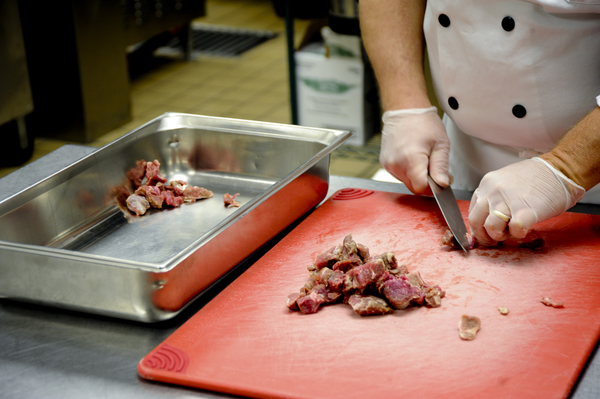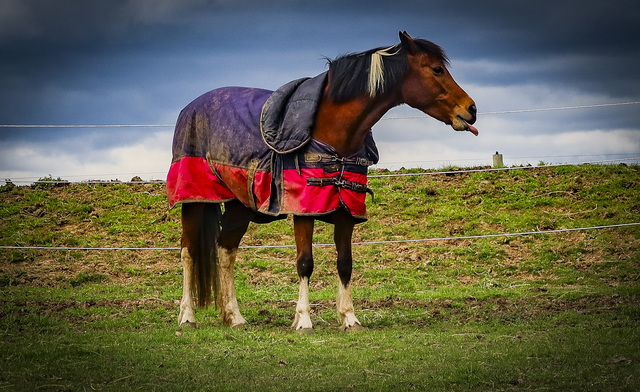Yarra Ranges Council is advising its Meals on Wheels clients to dispose of all meals received from the service since 13 January following a listeriosis death.
Health authorities closed commercial caterer I Cook Foods on Friday 22 February while they investigate after an elderly woman died in an eastern suburbs private hospital on 4 February.
She was diagnosed with listeriosis, an illness commonly associated with food contamination.
I Cook Foods of Dandenong South provided meals to the private hospital involved and also supplied Meals on Wheels, including to Yarra Ranges Council.
The Department of Health and Human Services has not advised Yarra Ranges Council of the exact location of the listeriosis report but it was not within the shire.
The council has contacted Meals on Wheels clients to advise them not to eat, and to throw out, any meals they have had delivered on 21 and 22 February, and clients who received meals prior to this are being contacted as a precaution.
The council will organise replacement meals for clients if needed, and will reimburse clients for any meals that need to be destroyed.
Meal deliveries will resume on Monday.
Acting chief health officer Dr Brett Sutton said testing on multiple food product samples collected at I Cook Foods returned six positive samples for listeria.
DHHS and the Greater Dandenong Council closed I Cook Foods overnight and completed a thorough clean. The facility will not reopen until further testing and improvements are made.
DHHS has contacted facilities the company supplies, including private hospitals, aged care centres and Meals on Wheels services, mostly in the eastern suburbs.
The company does not supply any public hospitals.
Listeria are a bacteria that can cause serious illness and in some cases death, particularly in vulnerable people.
Symptoms of listeriosis include muscle aches, fever, nausea and diarrhea.
In Australia each year about 150 people are hospitalised with listeriosis and about 15 people die.
People at greater risk from listeriosis include pregnant women, their unborn and newborn babies, the elderly and other people whose immune systems have been weakened by illness or drugs.
Eating foods contaminated with listeria is the most common way of contracting the illness.
The bacteria are common in the environment and can contaminate different types of food.
Listeria is tolerant to low temperatures so it can grow in food even if it is stored in the refrigerator.
There have been two cases of listeriosis so far this year, compared to nine for the same period in 2018. Victoria had 27 cases of listeriosis for the 2018 calendar year.







